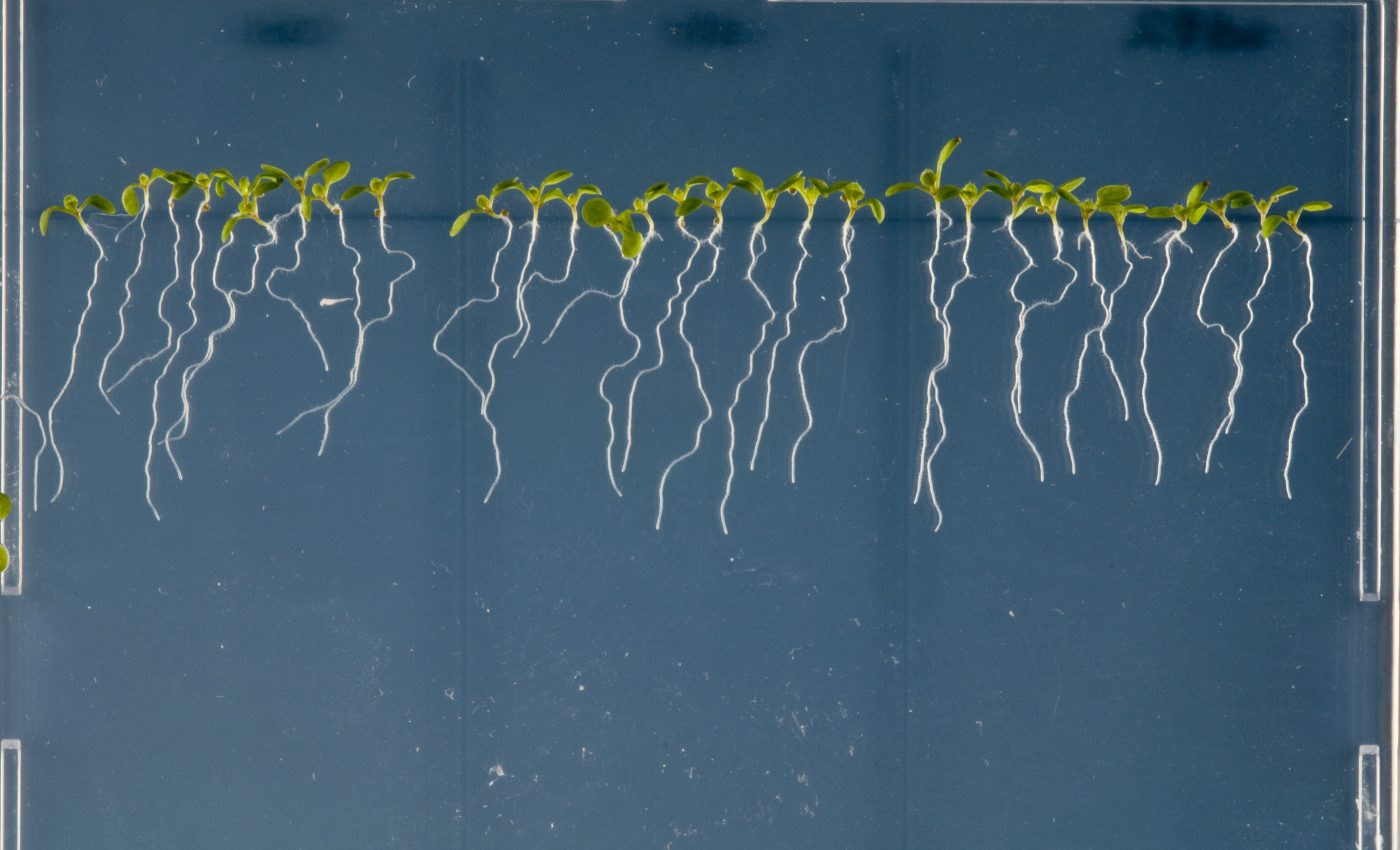
Plants produce medically-valuable chemicals to maintain microbe communities
Plants produce medically-valuable chemicals to maintain microbe communities. Plants produce medically-valuable chemicals to maintain microbe communities. Researchers from the John Innes Centre and the Chinese Academy of Sciences investigated why plants produce medically-valuable chemicals in their roots.
Their findings, published in Science, reveal that they produce these chemicals in order to maintain a communities of microbes, which can help a plant survive.
“This question has fascinated people for hundreds of years and we’ve found this chemistry enables plants to direct the assembly and maintenance of microbial communities in and around the roots,” said coauthor Professor Anne Osbourn of the John Innes Centre.
“We assume that the plant is shaping the root microbiota for its own benefit,” she added. “If we can understand what the plant is doing and what kind of microbes are responding to it and what the benefits are then we may be able to use that knowledge to design improved crops or to engineer the root microbiome for enhanced productivity and sustainability and to move away from fertilizers and pesticides.”
Professor Osbourn and the team located a metabolic network expressed in the Arabidopsis thaliana plant, which can make over 50 previously undescribed molecules, which belong to a family of natural plant products called Triterpenes. The team generated plants that were altered during the production of these root-derived chemicals and planted them in natural soil.
These plants showed a host of differences in their microbial communities compared to wild plants.
The team then exposed communities of cultured microbes in a lab to a group of these synthesized chemicals with the hope of better understanding the plant-microbial interaction that takes place in the soil.
“Using this approach, we can see that very small differences in chemical structures can have profound effects on whether a particular molecule will inhibit or promote the growth of a particular bacteria. Taken together we can clearly see that very subtle, selective modulation of microbes by this cocktail of chemicals,” said first author Dr. Ancheng Huang.
The team hopes to further explore the benefits of altering the microbial communities within plants and taking note of how plant chemistry can be influenced.
—
By Olivia Harvey, Earth.com Staff Writer
Image Credit: Phil Robinson













